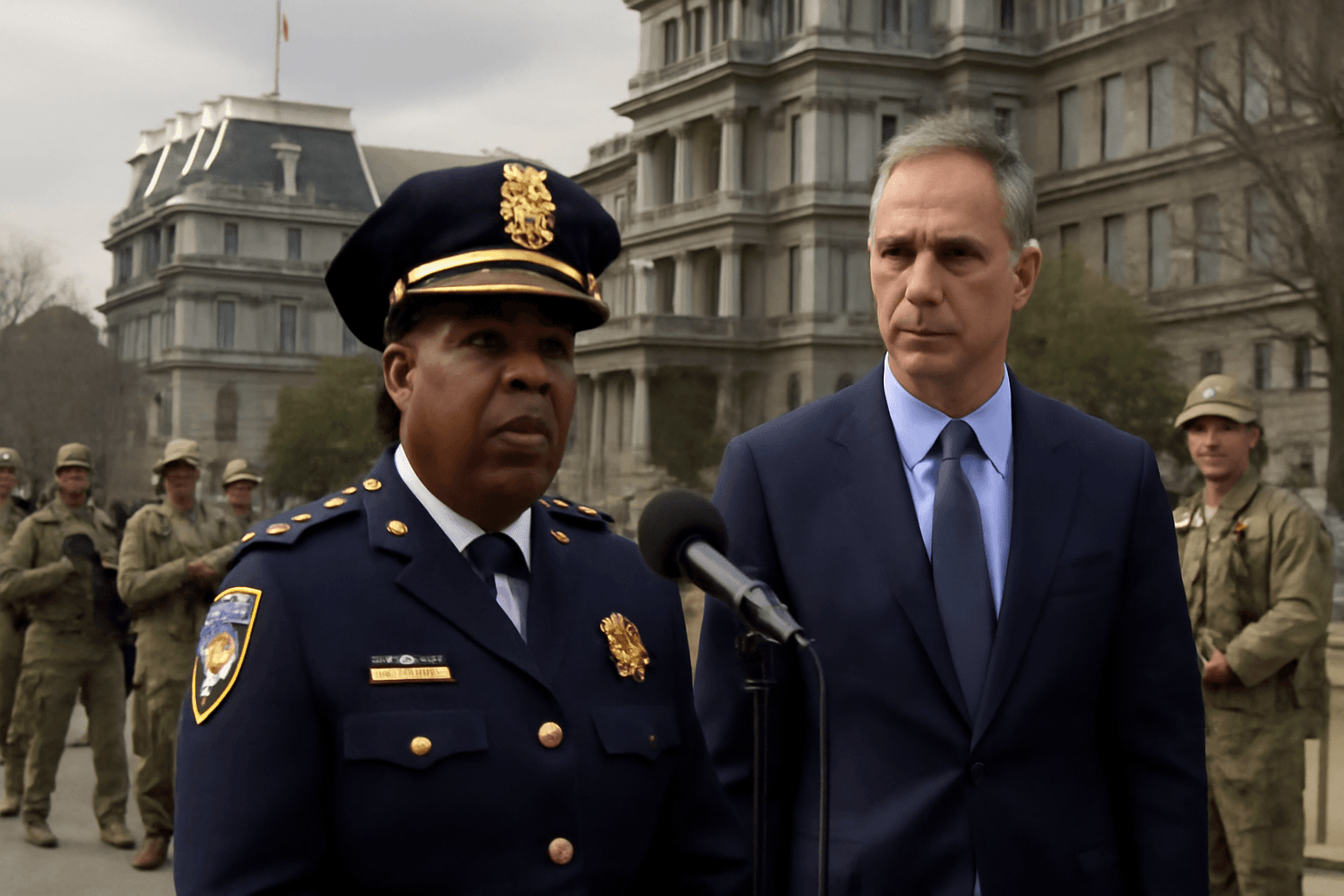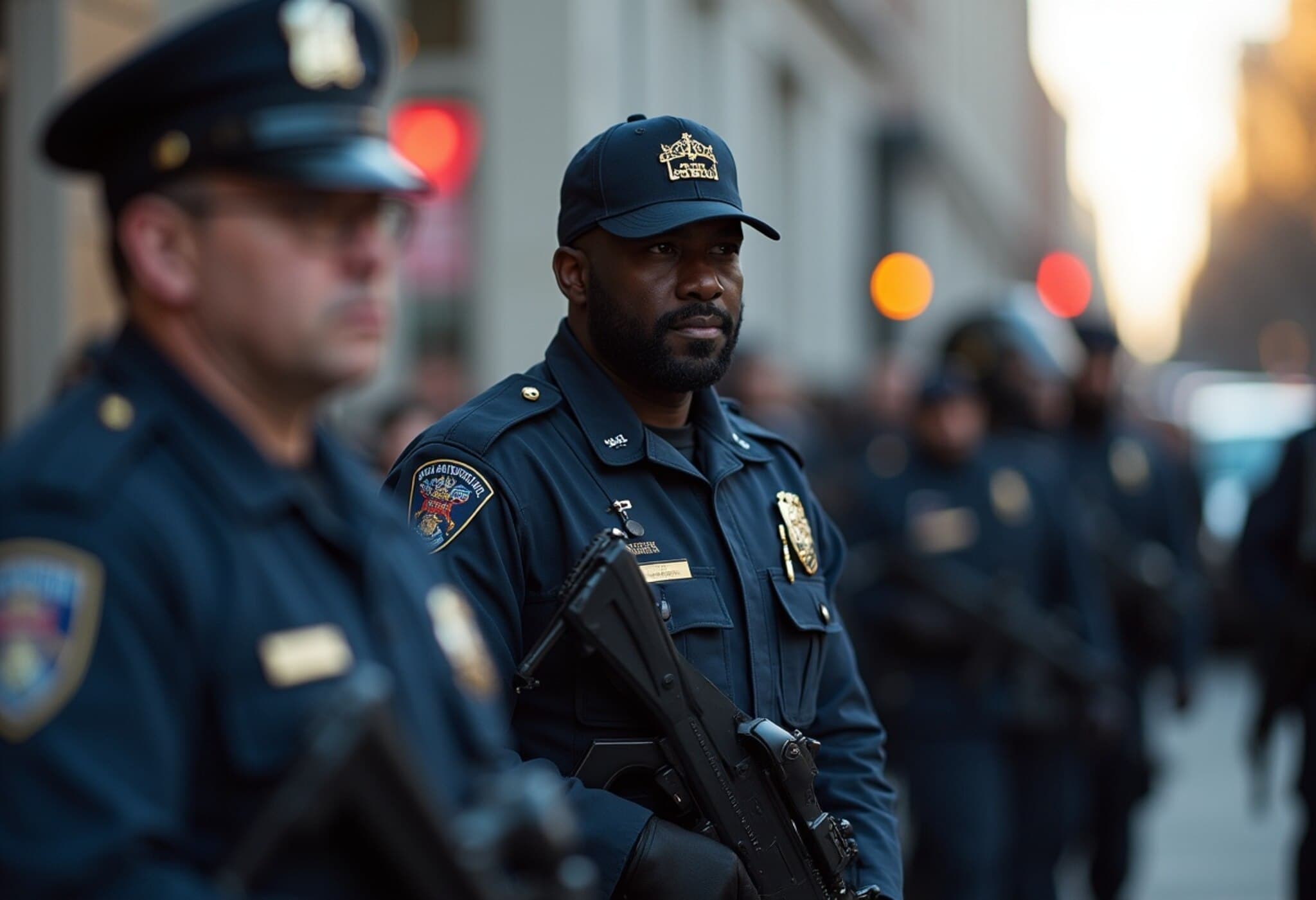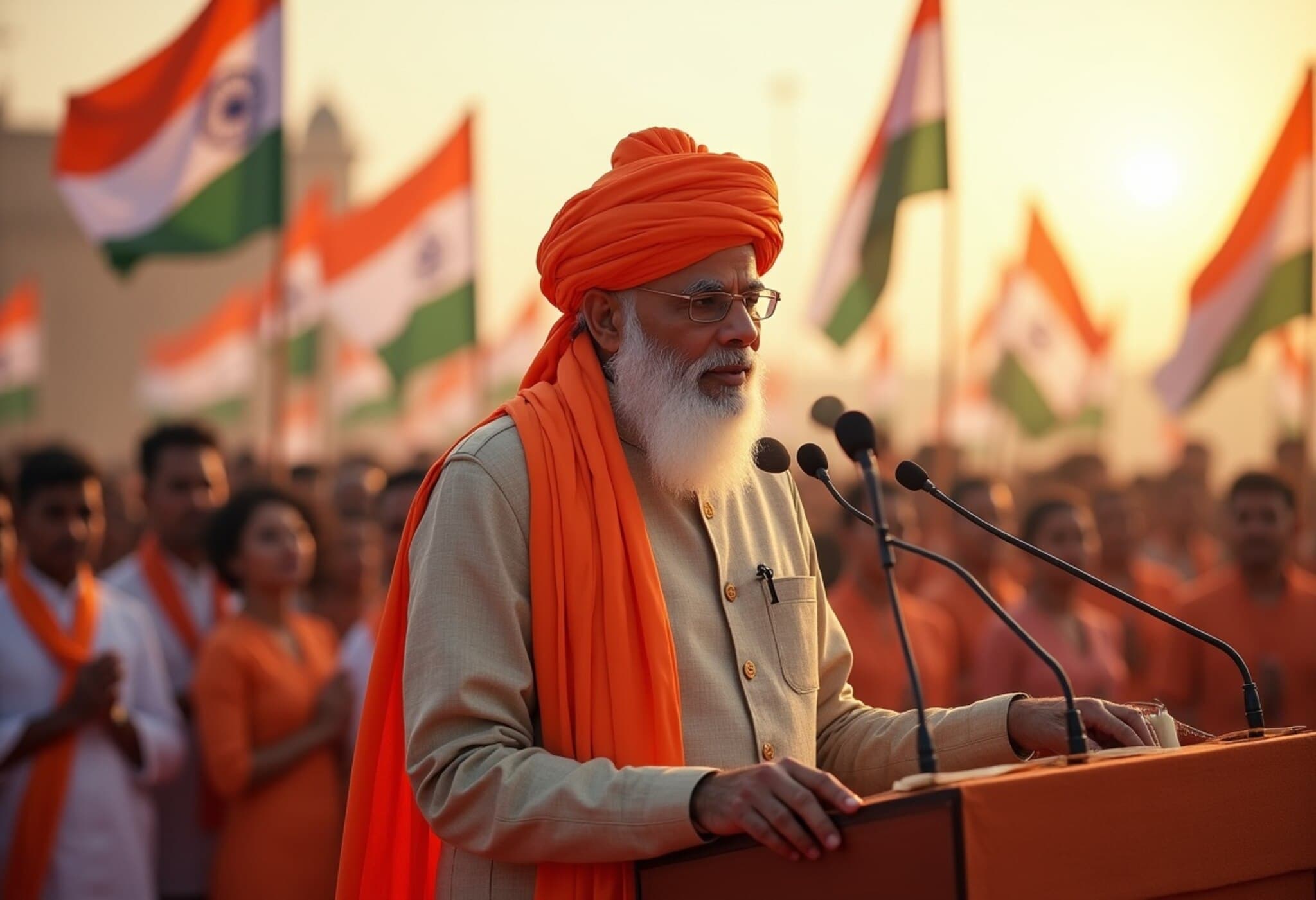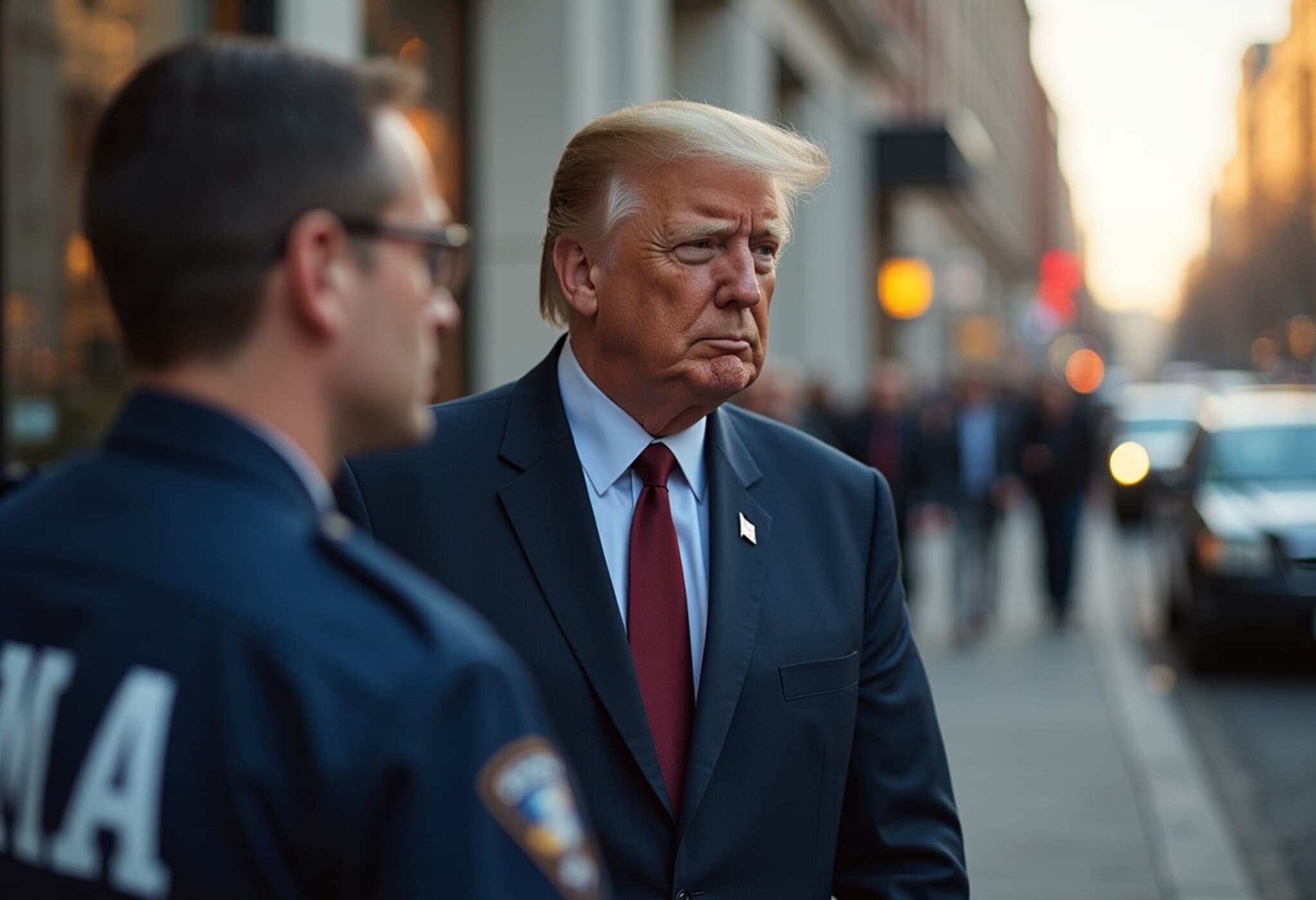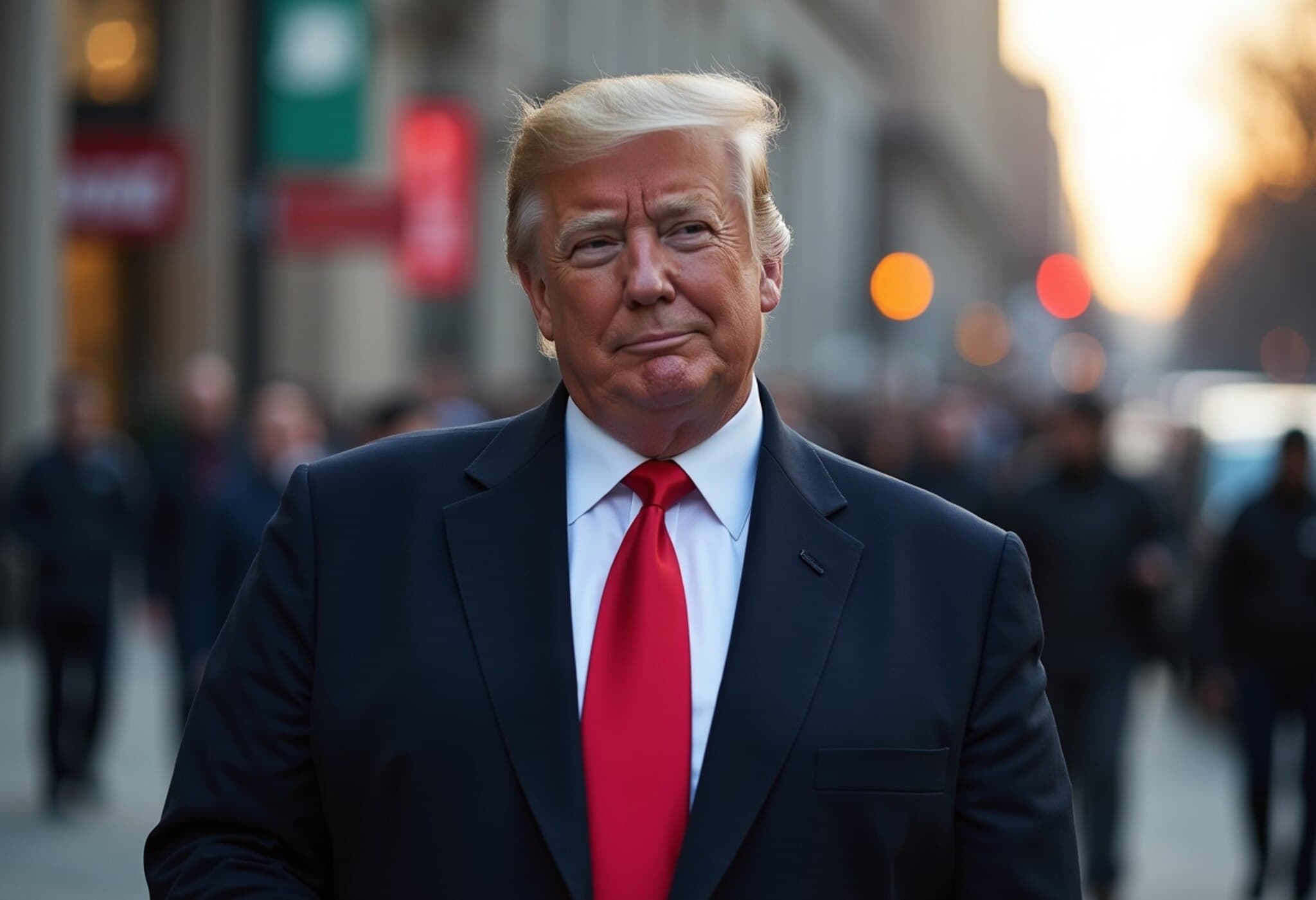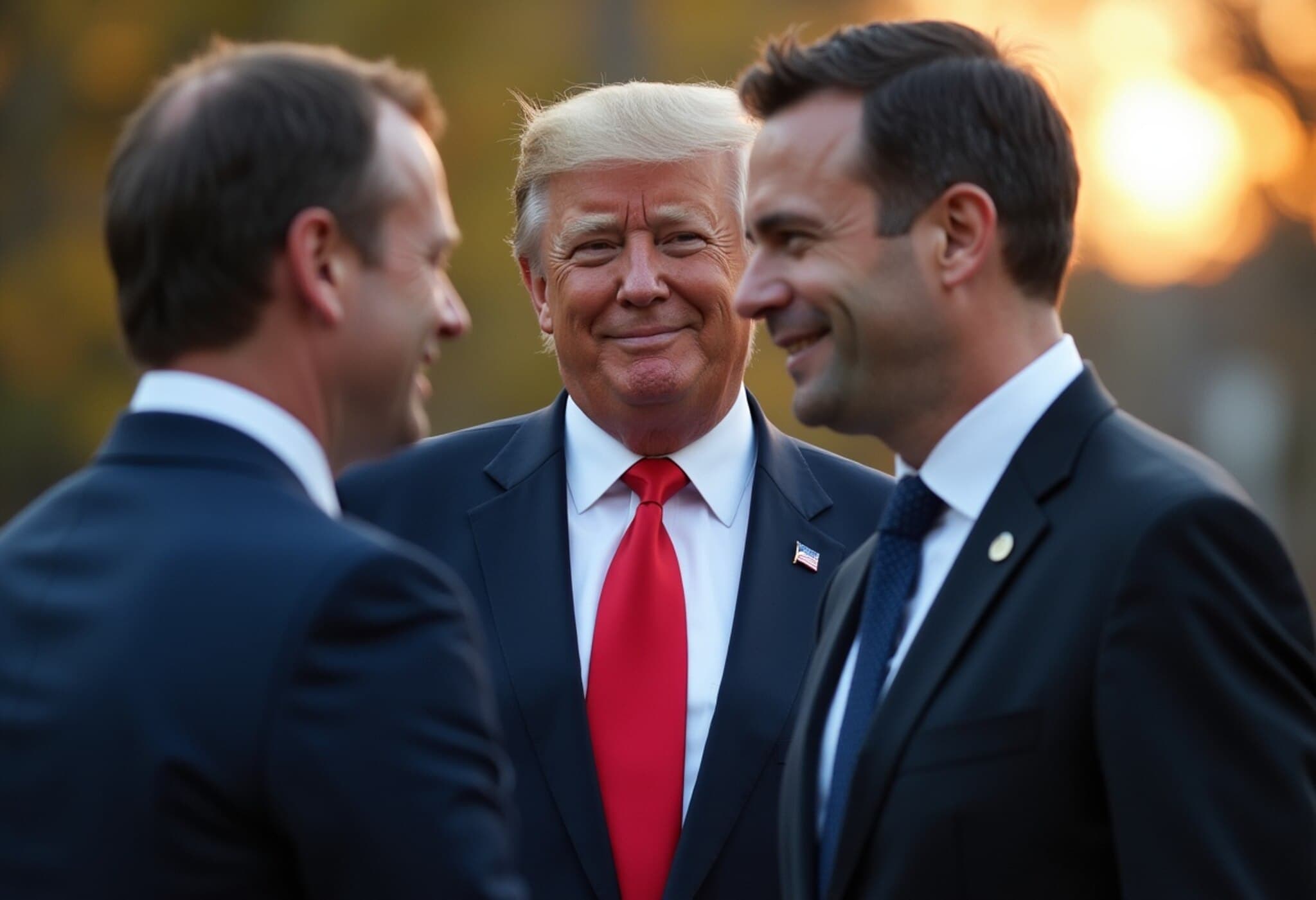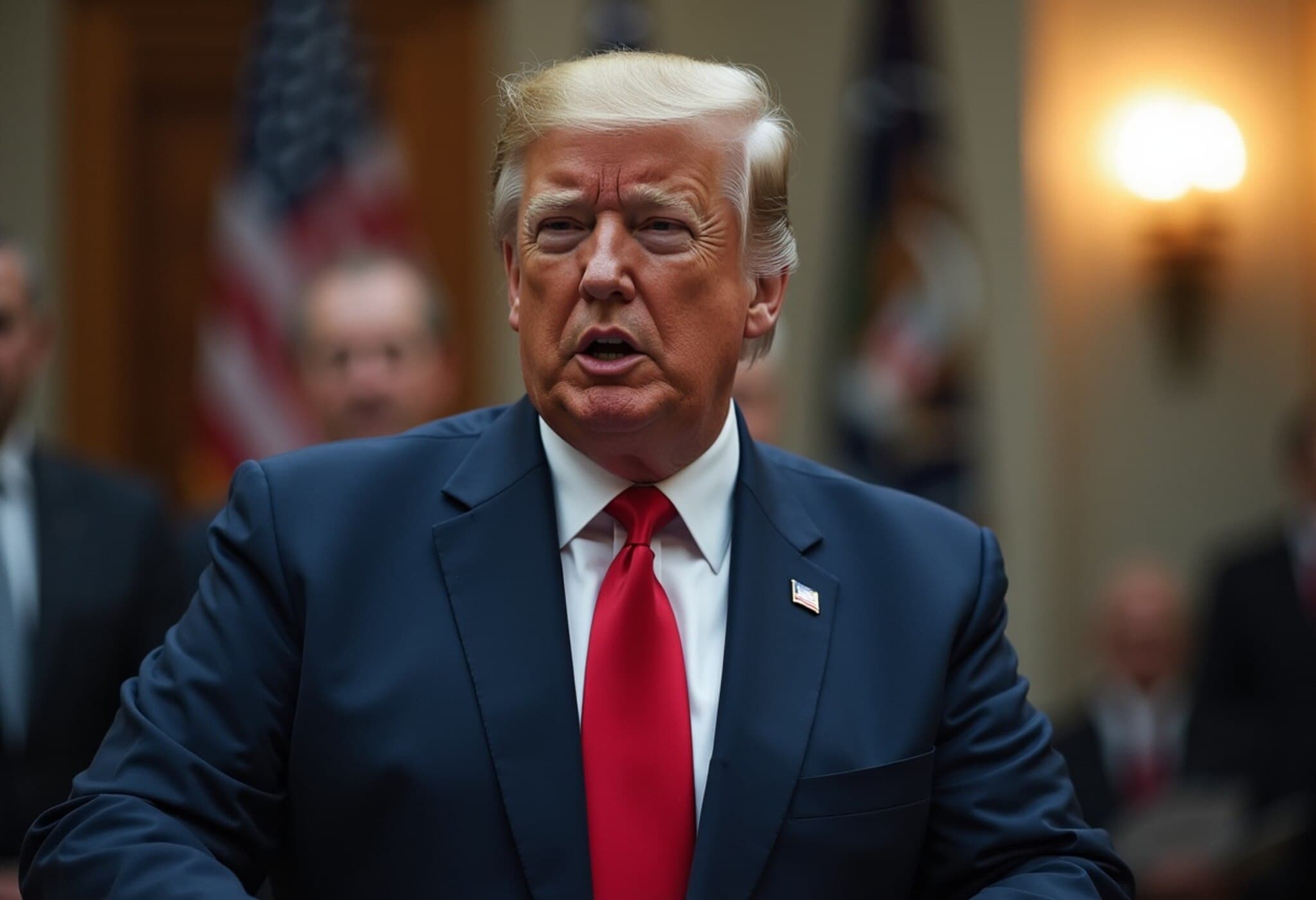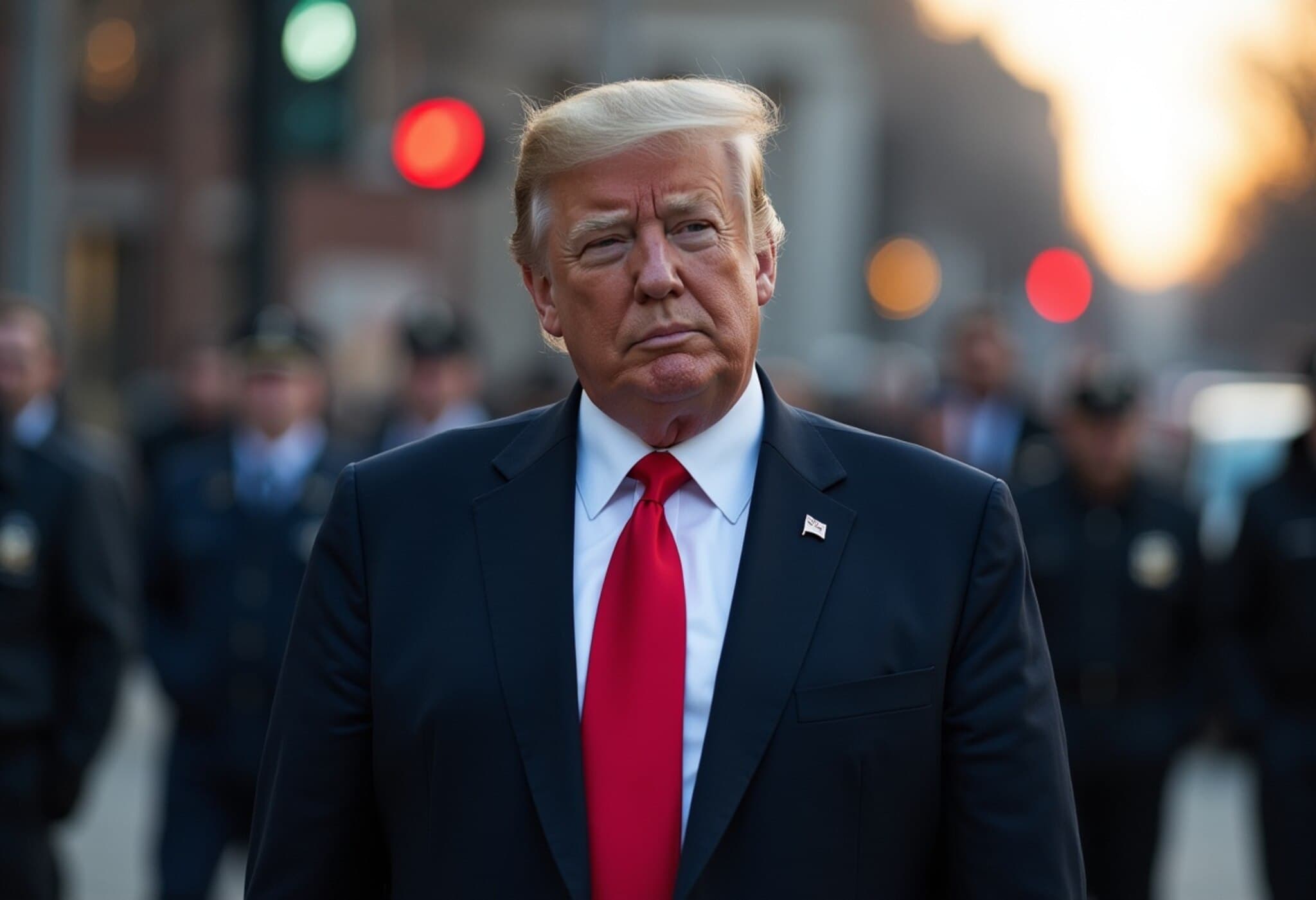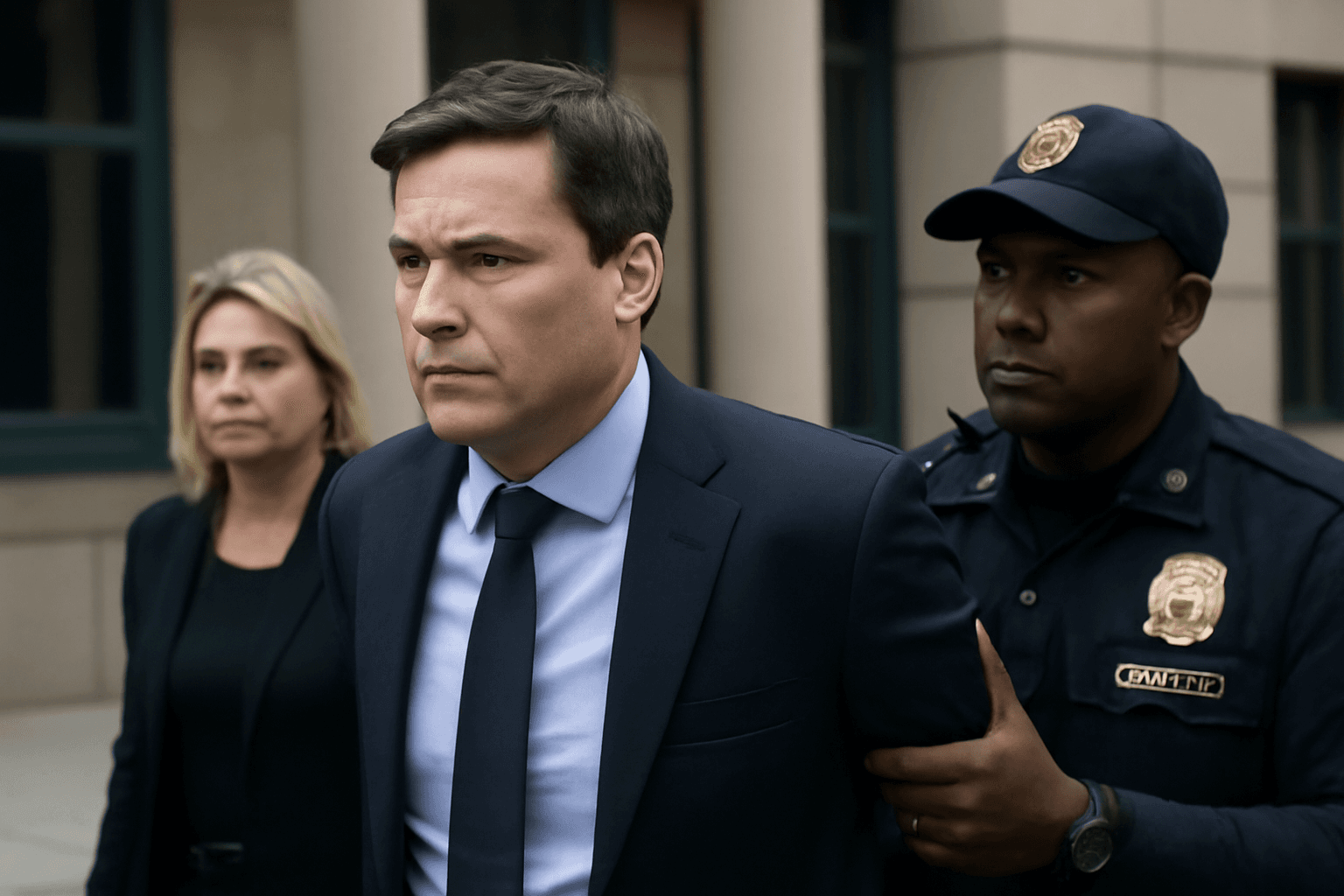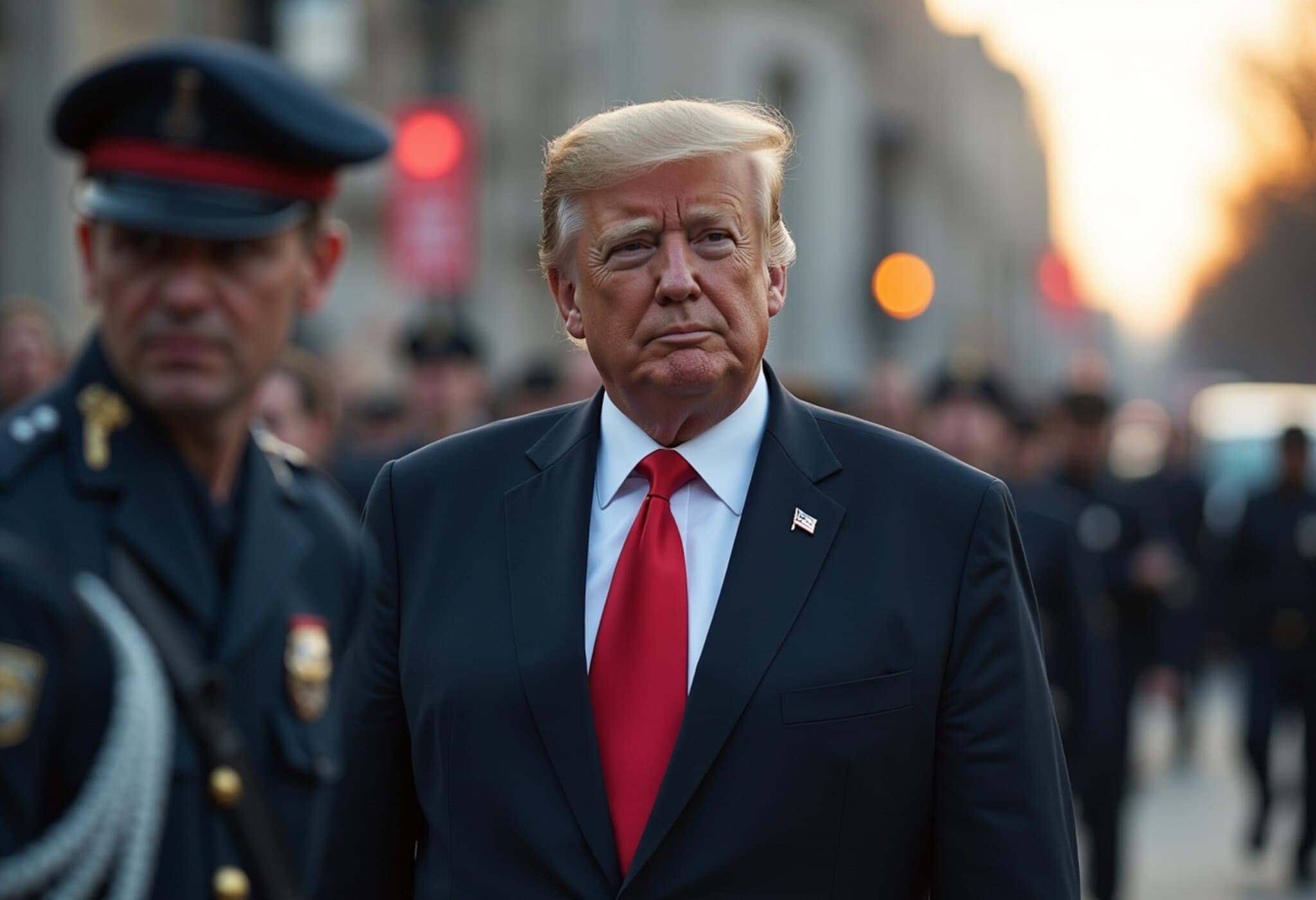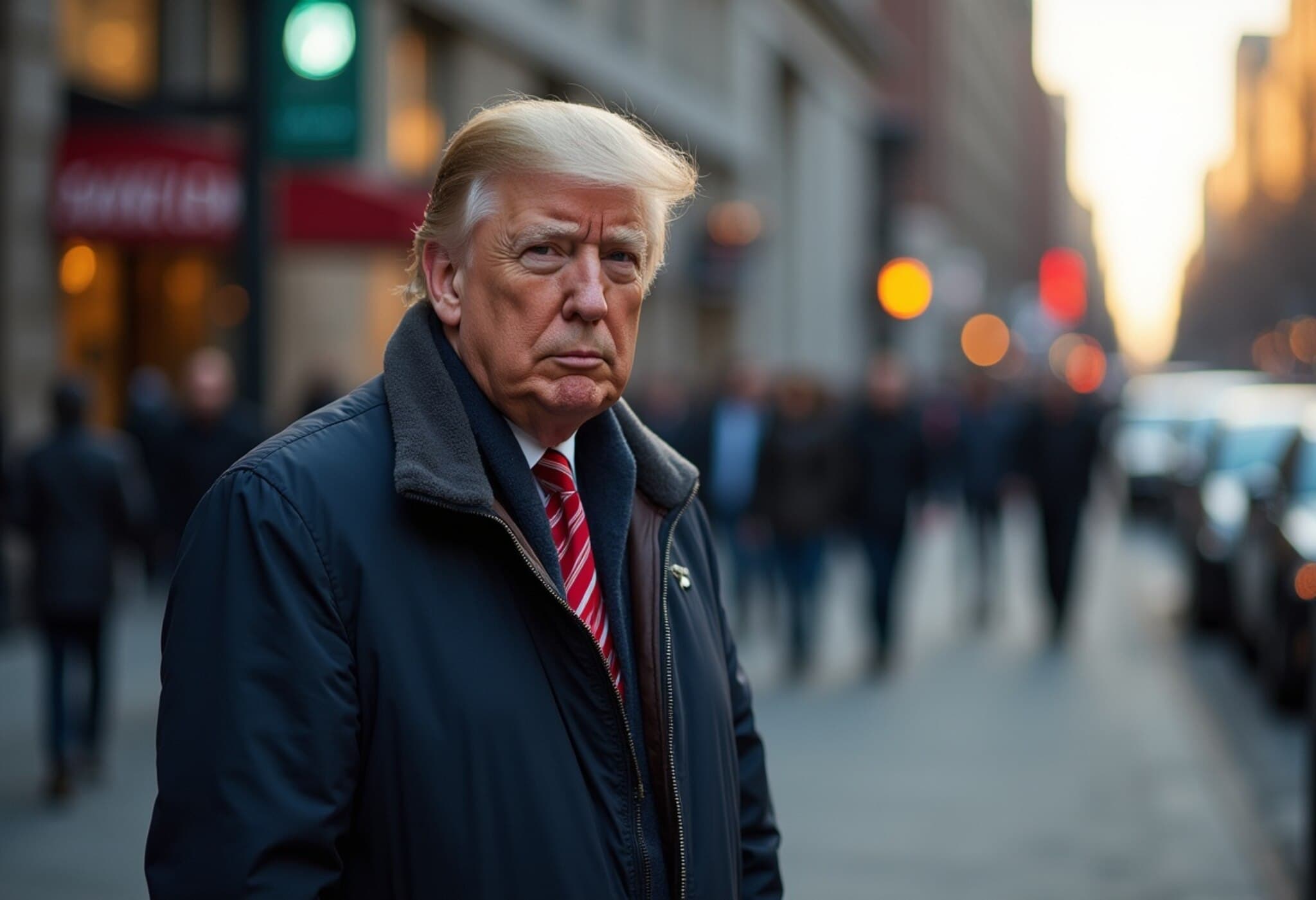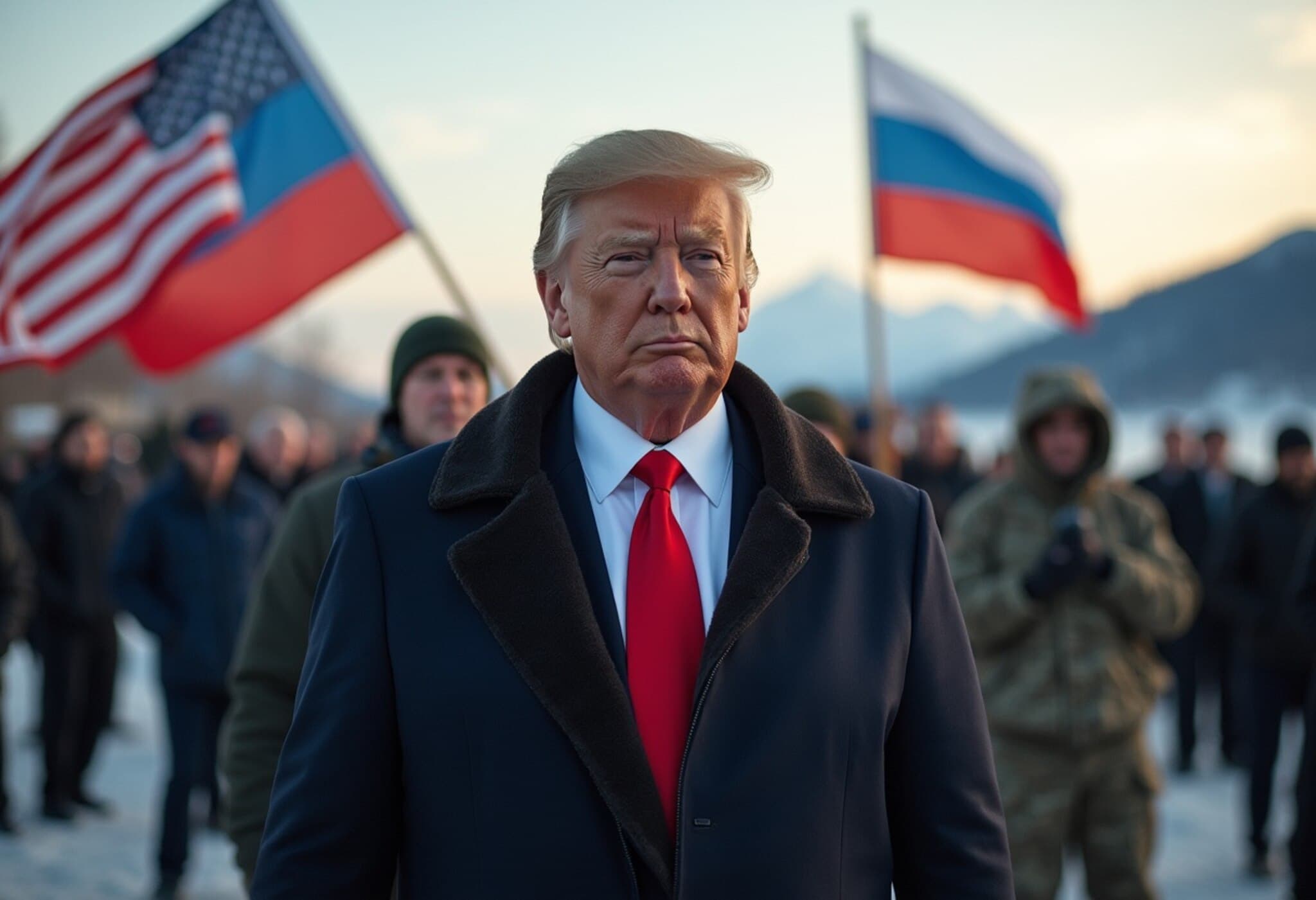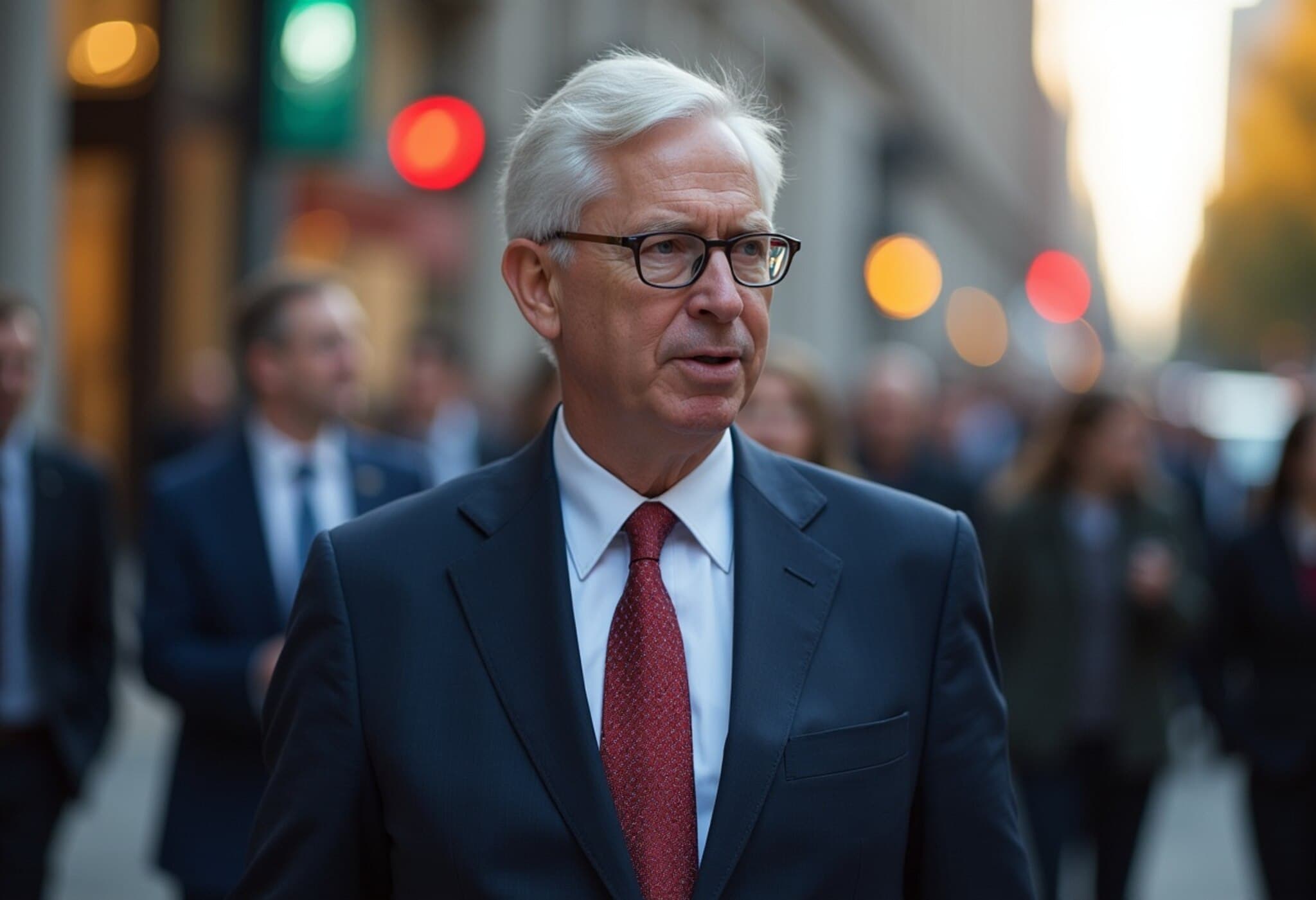Federal Takeover of Washington DC Police Sparks Legal Tumult
In a move that has stirred intense controversy, Washington DC's Police Chief Pamela Smith has publicly condemned the Trump administration’s emergency takeover of the city’s Metropolitan Police Department (MPD) as a "dangerous" threat to the capital’s law and order. The development emerges from a high-stakes legal confrontation over the unusual federal intervention in local policing.
Chief Smith Challenges Federal Authority
On August 15, 2025, Chief Smith filed a forceful court statement warning that the appointment of an "emergency police chief" by the US Attorney General would severely disrupt the MPD’s established command structure. "Allowing this order to stand would create chaos," Smith cautioned, illustrating the risks of eroding local control over policing in America’s capital.
Legal Pushback by Washington DC Attorney General
Fueling the fightback, DC Attorney General Brian Schwalb has filed for an emergency restraining order to halt Attorney General Pam Bondi’s directive. The order removed Chief Smith from her role and appointed Terry Cole, head of the Drug Enforcement Administration, as “Emergency Police Commissioner,” effectively stripping the locally appointed chief of command.
Schwalb’s filing argues that Bondi’s order breaches multiple legal boundaries, including:
- The Administrative Procedure Act—highlighting the order is arbitrary, exceeds legal authority, and is capricious;
- The Home Rule Act—which grants the district its own governance and police authority;
- Constitutional provisions such as the separation of powers, the Take Care Clause, and the District Clause.
Schwalb’s contention reflects deep constitutional concerns regarding federal overreach in a uniquely governed district that traditionally maintains significant autonomy over its policing.
Federal Role and National Guard Mobilization
In parallel, the Pentagon disclosed full deployment of 800 National Guard troops to support law enforcement in Washington DC as part of Joint Task Force DC. Press Secretary Kingsley Wilson clarified the Guardsmen’s role: they are armed and empowered to detain temporarily but have no arrest authority.
This deployment comes amid the larger tension triggered by President Trump’s executive order which temporarily transfers control of the MPD from the city’s mayor to federal authorities — a move that has ignited debate over the balance of federal versus local power.
Broader Context and Implications
Washington DC’s unique status, lacking statehood and enjoying limited self-governance, makes this situation unprecedented. It raises pressing questions about how much influence the federal government should wield over a jurisdiction that historically fights for greater autonomy, especially regarding policing — an issue deeply rooted in American civil rights and governance debates.
Experts note that such unilateral federal actions risk undermining public trust in police legitimacy, particularly in a city still healing from recent social unrest and protests advocating reform.
What Lies Ahead?
- Legal proceedings will determine if Bondi’s order can be upheld, potentially setting a critical precedent for federal intervention powers.
- Community response may intensify as residents and local officials react to perceived erosion of local governance.
- National debate on policing, federalism, and constitutional authority is likely to deepen around this high-profile clash.
Editorial Insight
This case embodies a broader struggle defining American federalism in the 21st century — how does the federal government balance national security and order while respecting local autonomy and constitutional limits? As legal battles unfold, Washington’s experience will offer valuable lessons for other jurisdictions navigating similar tensions between local control and federal oversight.
Editor’s Note
Washington DC’s police department takeover is more than a power struggle; it’s a litmus test for governance, constitutional balance, and policing legitimacy in the United States. Readers should watch how courts weigh federal authority against local rights, especially in a city uniquely tied to national identity and democratic ideals. This unfolding story invites reflection on the future of policing, civil liberties, and the fragile interplay between law enforcement and community trust.

